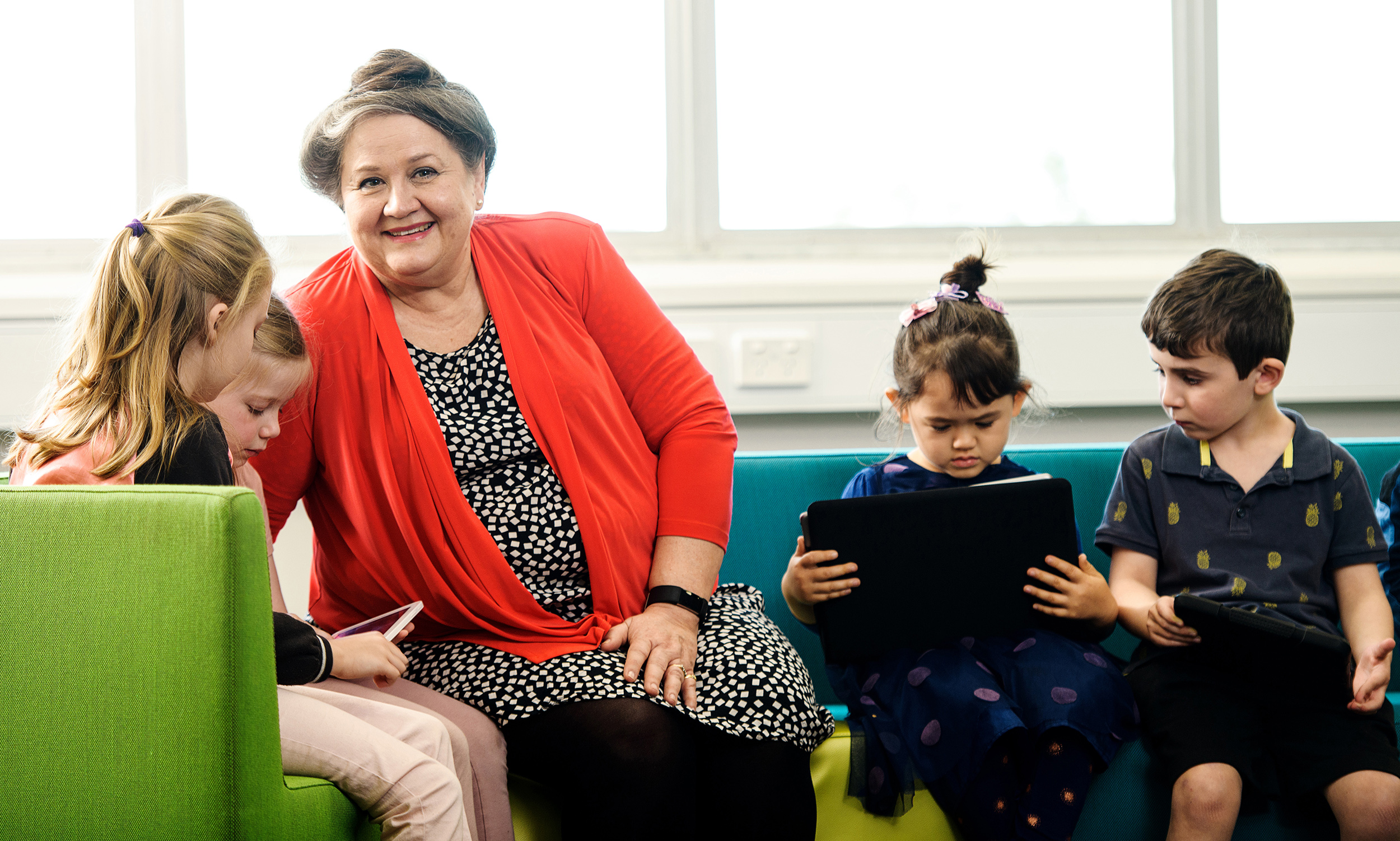
The impact of digital technology on Australian children will be investigated in a world-first study funded by the Morrison Government.
The Morrison Government is providing $34.9 million to establish a research centre that will conduct a world-first longitudinal study of the digital lives of Australian children from birth to eight years of age.
Minister for Education Dan Tehan today (September 22) announced the ARC Centre of Excellence for the Digital Child would be led by Professor Susan Danby and based at the Queensland University of Technology (QUT).
"Our children are growing up with unprecedented access to technology and we need to better understand the effect it is having on them," Mr Tehan said.
"This new centre will undertake a family cohort study, run children's technology laboratories and lead research programs to improve our knowledge of the effects of digital technology on children.
"The results of this research will benefit parents and inform improvements to children's health and education policy.
"The centre will also develop open access resources and professional training to help minimise digital risks and encourage positive digital experiences."
QUT Vice-Chancellor Professor Margaret Sheil said she was delighted with the announcement, which was testament to QUT's history in developing cutting-edge education research and the university's interest in the impact of technology on our future.
Minister for Industry, Science and Technology Karen Andrews said the rapid evolution of digital technology makes it vital to understand its impact on the lives of children.
"Digital technology can improve our quality of life and drive economic growth, but we need to shape how our kids grow up in a digital world," Ms Andrews said.
"If our children can build digital skills in a healthy environment, we will set them up well to use technology confidently and cleverly in their adult lives and careers."

Professor Danby said there was currently a lot of conflicting information about the role of digital technology in young children's lives, and through evidence-based research the centre would deliver clear messages for all concerned.
"Through the centre, Australia will be better able to respond to national issues and problems related to young children and digital technology including amount of screen time use, social media and digital gaming, and online safety, and develop a better understanding of how children live in a digital world," Professor Danby said.
She said transdisciplinary research would involve experts from education, health and digital and social connectedness and result in policy recommendations and guidelines and drive public debate around the realities of a child's life in a digital world, including practical guidance for families in navigating the digital environment, and informing technology innovation for young children.
"This will involve improving curriculum and learning materials for educators so they can better enable students' digital learning as well as designing innovations to ensure children are learning in safe digital environments.
"Australia will inform international agendas in minimising children's digital risks and maximising positive digital engagement. The centre's critical mass of researchers and industry partners will actively shape positive futures for all Australians by focusing on our very youngest."

Member for Brisbane Trevor Evans said the announcement that the new research centre would be based at QUT was further evidence of Brisbane's strong reputation as leader in research and development.
"The impact of digital technologies on children affects millions of families across Australia, so it's great to see the Morrison Government supporting Australian scientists to conduct this world-leading research," Mr Evans said.
Researchers from QUT will collaborate with national and international experts at five Australian universities and 33 academic and industry partner organisations from Australia, Europe, Asia and America. Together they will provide an additional $32.2 million in cash and in-kind support to the centre.






